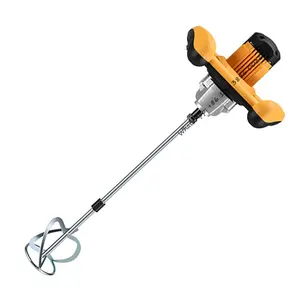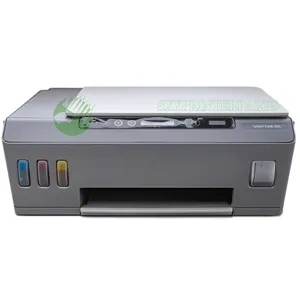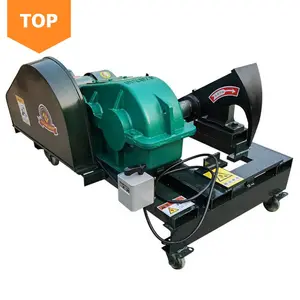Popular in your industry











































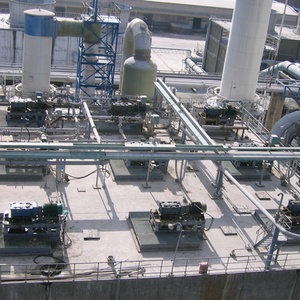



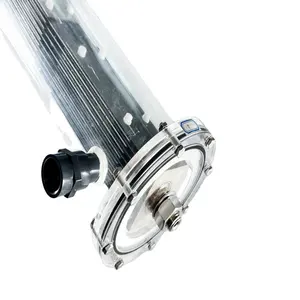























Related Searches:
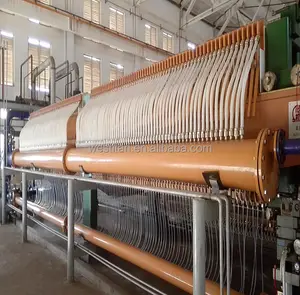






























































































































Top categories
About sodium hypochlorite production plant
Sodium Hypochlorite Production Plant: Revolutionizing Weed Control
As the agriculture and landscaping industries seek efficient solutions for weed control, sodium hypochlorite production plants have emerged as a game-changer. These plants are designed to produce sodium hypochlorite, a potent chemical compound widely used as a sodium hypochlorite weed killer. Let's delve into the technical specifications and operational aspects of these innovative production plants.
Technical Specifications and Design
A sodium hypochlorite manufacturing plant typically consists of several key components, including reactors, storage tanks, mixing equipment, and filtration systems. The production process involves the electrolysis of saltwater to produce sodium hypochlorite, a process that requires precise control of parameters such as temperature, pH levels, and electrical current.
These plants are designed to ensure the safe and efficient production of high-quality sodium hypochlorite, with capacities ranging from small-scale units suitable for agricultural use to large industrial plants for commercial applications. The design and layout of the plant are crucial to maximizing production efficiency and ensuring the safety of operators.
Operational Efficiency and Performance
When it comes to sodium hypochlorite as a weed killer, the efficiency of the production plant plays a crucial role in ensuring consistent supply and effectiveness of the product. Modern production plants are equipped with advanced automation and control systems that monitor and regulate the production process in real-time.
By optimizing the production parameters and minimizing downtime, these plants can deliver high-performance sodium hypochlorite consistently. The ability to adjust production volumes based on demand fluctuations further enhances operational efficiency and cost-effectiveness for users.
Environmental Impact and Sustainability
One of the key advantages of sodium hypochlorite as weed killer is its environmentally friendly nature compared to traditional herbicides. Sodium hypochlorite degrades rapidly in the environment, reducing the risk of soil and water contamination.
Production plants are designed to minimize waste generation and energy consumption, incorporating eco-friendly practices such as recycling of by-products and energy-efficient processes. These sustainability initiatives not only benefit the environment but also contribute to the overall reputation and compliance of the plant.
Maintenance and Safety Considerations
Proper maintenance of a sodium hypochlorite production plant is essential to ensure continuous operation and product quality. Regular inspection of equipment, calibration of sensors, and preventive maintenance routines are critical to preventing downtime and ensuring safety.
Operators must adhere to strict safety protocols when handling chemicals and operating the plant to mitigate risks and ensure a secure working environment. Training programs and safety guidelines play a vital role in promoting awareness and best practices among plant personnel.
In conclusion, sodium hypochlorite production plants represent a cutting-edge solution for weed control, offering efficiency, sustainability, and performance benefits. By understanding the technical specifications, operational aspects, and maintenance requirements of these plants, businesses can harness the power of sodium hypochlorite for effective weed management.

